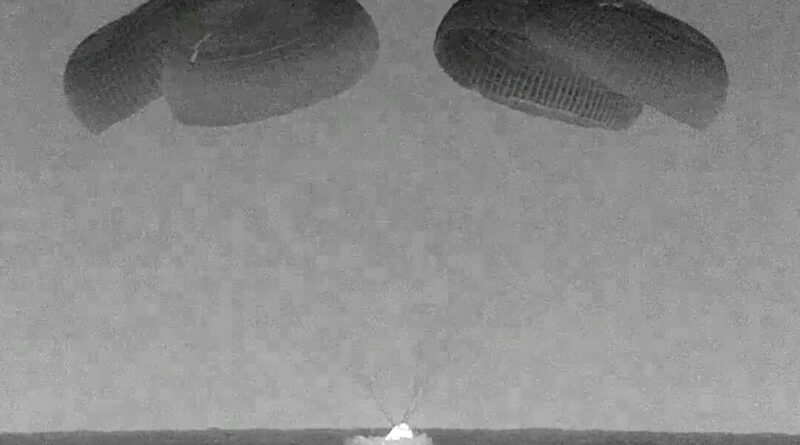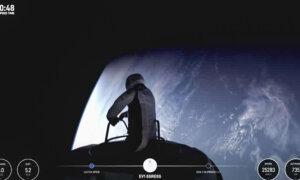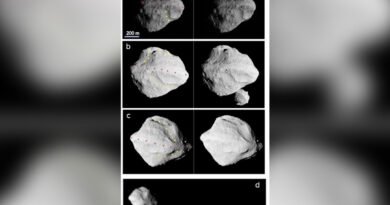SpaceX’s Polaris Dawn safely returns to Earth following historic first commercial space walk
The groundbreaking team of SpaceX’s Polaris Dawn has safely returned to Earth.
The groundbreaking team of SpaceX’s Polaris Dawn has safely returned to Earth.
After successfully completing a five-day mission and achieving the furthest orbit since Apollo 17’s moon flight in 1972, the four-member crew touched down early Sunday morning off the Florida Coast, as planned.
All four of the spacecraft’s main parachutes deployed successfully for the landing.
Both were tethered to the Dragon and exited the capsule for roughly 10 minutes each to conduct various maneuverability tests for SpaceX’s new spacesuits.
Bill Nelson, administrator of NASA, stated that the spacewalk “represents a significant advancement for the commercial space industry.”
Isaacman, CEO of the finance company Shift4 Payments, funded the expedition. He was accompanied by Gillis, medic Anna Menon of SpaceX, and Isaacman’s close friend and pilot Scott Poteet, a former Air Force pilot.
SpaceX reported that the crew conducted additional research during their five-day orbit, including ultrasound monitoring of venous gas emboli, kidney stone formation risk in microgravity, and validation of CPR procedures aboard the Dragon.
The Dragon spacecraft, launched using a Falcon 9 rocket from the Kennedy Space Center in Florida on Sept. 10, had to reenter Earth’s atmosphere in a “deorbit burn.”
Crew Dragon, the only U.S. vehicle capable of reliably transporting humans into orbit and back to Earth, has flown over a dozen astronaut missions since 2021, mainly for NASA. The agency initiated the development of the capsule under a program aimed at establishing commercial, privately built U.S. vehicles for transporting U.S. astronauts to and from the International Space Station.
The Polaris Dawn mission was delayed several times before launching on Sept. 14 due to unfavorable weather conditions.
The crew underwent 2 1/2 years of training with SpaceX mission simulations and hands-on learning for the challenging and uncomfortable voyage.
Zachary Stieber and reuters contributed to this report.





